Microdosing Normalcy: The Bittersweet Return Home to Hadestown on Broadway
The groan of bodies around me brings an ache to my chest.
Every seat in the theatre has a person in it, masked and weepy, clapping as if they never stopped. My hands hurt — theirs, too.
Live music stains the air. Trombone, accordion, voice — voices.
Audience members shrug into jackets — it’s unseasonably warm in New York today, and not the October kind of chilly most of us seem to have expected — and they smile at each other, squinty, ready to leave, to emerge back into the Manhattan jungle.
A shopping bag of Hadestown goodies rustles at my feet — tee-shirt, programme, keychain. They’re indulgent souvenirs of having witnessed the return of live theatre. Real, sit-in-a-dark-room-and-listen, live theatre.
Jewelle Blackman is close enough to smile at, costumed and beaming. It’s fucking surreal: there’s simply no other way to put it. She and I have been emailing for months about her own return to Hadestown (which resulted in an essay that hit the front page of Intermission yesterday!) — and now, here I am, crumbling, revelling in the miracle of my own return underground, my own train trip to the underworld.
The tears start again.
I first saw Hadestown in January of 2020. I took advantage of my American hometown’s close proximity to New York and made a day trip to the Walter Kerr theatre’s balcony: the Hadestown score had haunted me for most of 2019, and it felt urgent that I see the original Broadway cast while I still could. The experience was a transformative one — I wrote one of my first-ever reviews about it, and prattled on about the set design to anyone who might listen in my in-person (in-person!) university lectures. I, Aisling Murphy, had seen Hadestown on Broadway, and I had earned bragging rights for doing so.
Hadestown, for those unfamiliar with the Tony-award winning musical, is a gorgeous descent into hell soundtracked by the music and lyrics of folk singer Anaïs Mitchell. The show follows the ancient myths of Orpheus and Eurydice and Hades and Persephone, weaving the stories together and modernizing them through a post-Depression aesthetic and jazzy musical stylings. Despite a melancholy ending (no spoiler alerts for a story thousands of years old: Orpheus loses Eurydice to his own insecurity), Hadestown preaches hope and comradery in times of hardship: a message perfect for the present moment.
In January 2020, I wept at the show’s first trumpeted notes.
I don’t remember ever stopping.
The tattoo came quickly: days after my return to Canada for my winter semester, I permanently inked a Hadestown carnation onto my right bicep, a minimalist reminder of optimism, of reverence for the theatrical event, of pure, stress-free happiness.
You know what happened next.
The headlines got closer, then scarier, then worse.
Theatre became a memory, something to mourn on Facebook and argue about on Twitter.
I started working for Intermission. I moved to Toronto. Cat, grad school, pink hair. The works.

The Hadestown cast recording stayed on repeat through all of it, the song’s lyrics quite literally dragging me through the darker moments of pandemic depression. Truly endless walks around Ottawa were soundtracked by “Road to Hell II” on repeat, and no, it’s not an exaggeration: since January 2020, I’ve listened to Hadestown’s closing number over 1,000 times. (I just checked: the actual number is 1,119.) The “everybody looked and everybody saw that spring had come again” line was the light at the end of every tunnel for quite some time: “spring” was the end of the pandemic; the return of live theatre; reuniting with my family across the Canadian border. “Road to Hell II” was a strange and strident gospel — but, god damn it, it was mine, and it worked, at least for a while.
The US border opened more freely towards the end of this summer. Hadestown, after months of darkness, announced a re-opening date.
I would be back in the theatre as soon as possible. I owed the show that much.
This time, rather than lurking in the Walter Kerr balcony, I’ve splurged on an orchestra seat for myself, no more than a metre from the lip of the stage. I witness Hadestown from an extreme angle — Orpheus and Eurydice betray and fall for each other with a harsh stage right skew, while Hermes narrates their demise so close to me that André de Shields’ spit settles in the hair of my seatmate. Jewelle Blackman, Canadian Fate and recent Intermission author, sparkles across the stage, no less precise and dazzling than she was when I last saw her over a year ago. I’m delighted too by her fellow Fate, Jessie Shelton, a recent-ish addition to the Hadestown family: one of her projects, 36 Questions, was another Spotify salve over the course of the pandemic, a podcast musical that almost soothed the rub of isolation.
There aren’t words for the gratitude.
I simply cannot believe I’m here.
There aren’t words for the gratitude — for the luck at having been able to make a sixteen-hour trip to New York from Toronto work despite fuzzy COVID-19 restrictions, for the story that keeps staying relevant, for the cast brave enough to tell this story over and over.
To return to a Canada still starved of this normalcy feels wrong; acrid; frustrating. When I get back to Toronto (or, let’s be real, North York), I’ll simply have to tell my friends and colleagues about the magic of a packed theatre, rows and rows of masks, applause, closeness. They won’t get to feel it themselves for a few months yet, it seems.
For now, though, I just reflect.
I understand I’m microdosing normalcy. I’m roleplaying a pre-March 2020 theatre-going experience. I’m acting.
“How to Return Home” was a column name chosen for Intermission strategically — it sounds nice, it’s a little vague, and it can shape-shift as we re-discover what “home” is. It works on a few levels.
But there was real thought behind it: there’s a song of the same name by contemporary musical theatre songwriting duo Kait Kerrigan and Bree Lowdermilk, and it talks about the sheer awkwardness of coming home — the changes we have to notice and quietly endure when we return to the place that made us who we are. “How to Return Home” is about discovering the joy of family and familiarity, but of settling into a new mould, too — it’s not perfect, and neither is the global return to theatre we’re witnessing.
Hadestown is perhaps the first in this series that’s felt so appropriate under this title: because even as I enjoy my trip underground on Broadway, I understand that I’m microdosing normalcy. I’m roleplaying a pre-March 2020 theatre-going experience. I’m acting.
Tomorrow, I’ll wake up in Toronto, live theatre a memory for me and an even more distant memory for my friends.
And tomorrow, once more, I’ll remind myself: spring will come again.
Surely, it must.

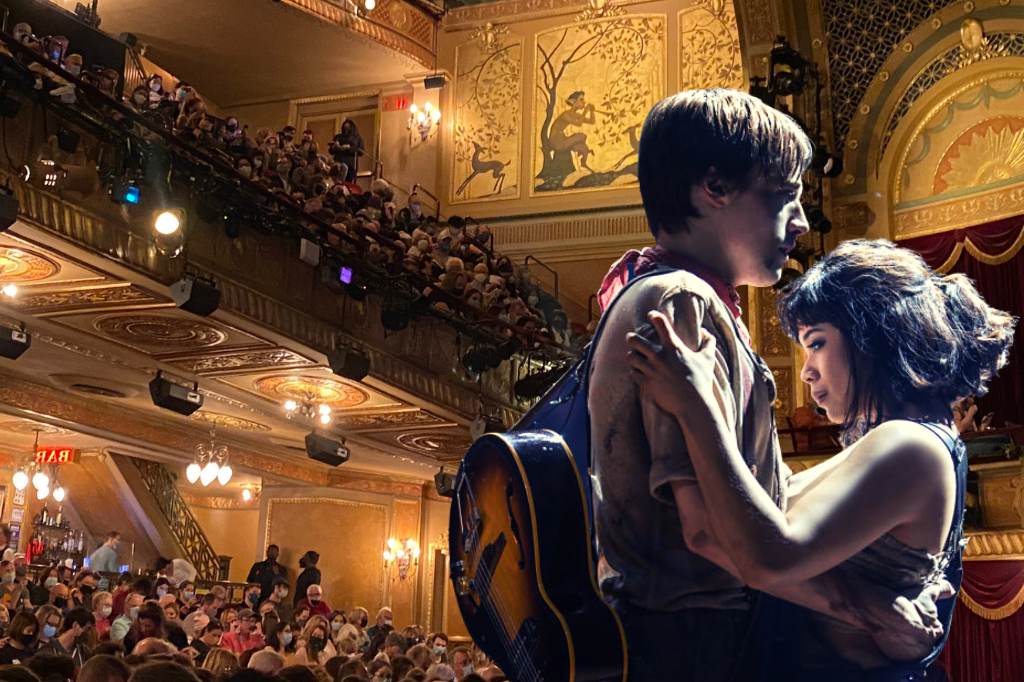

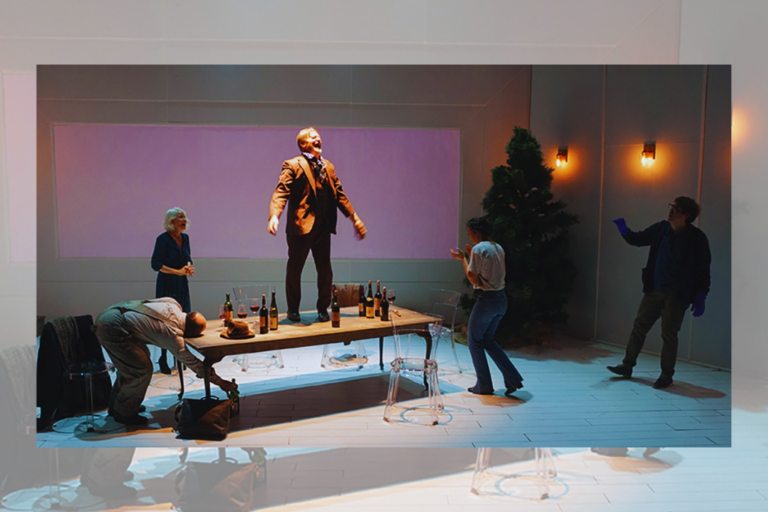
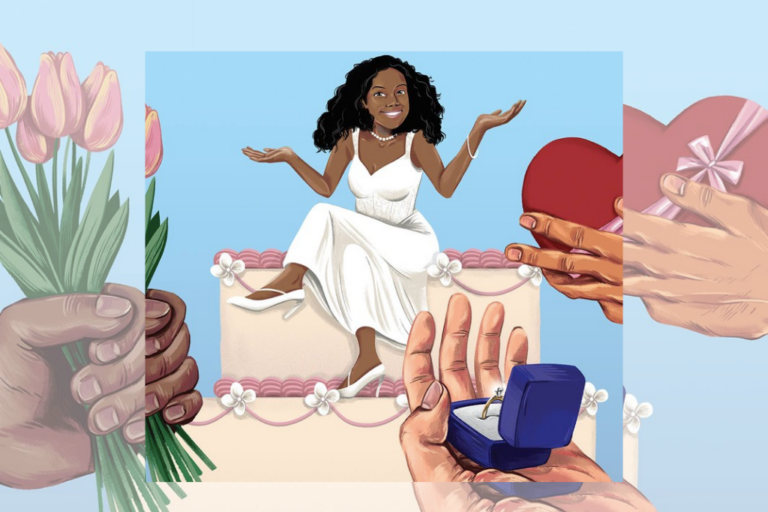
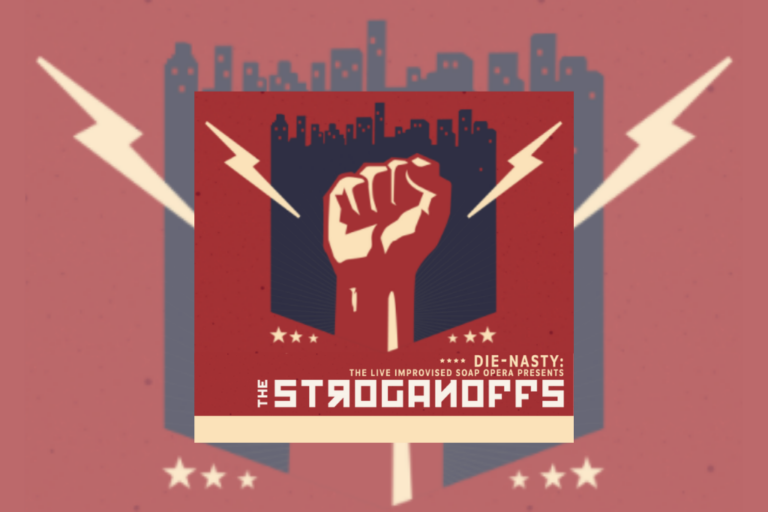
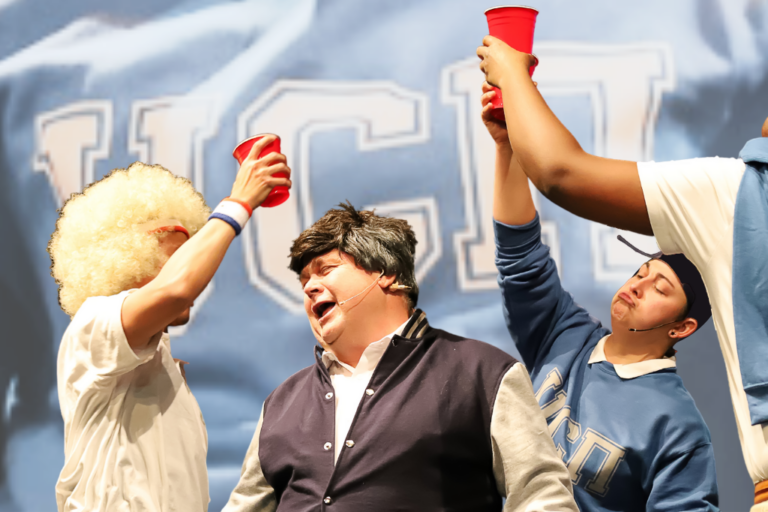
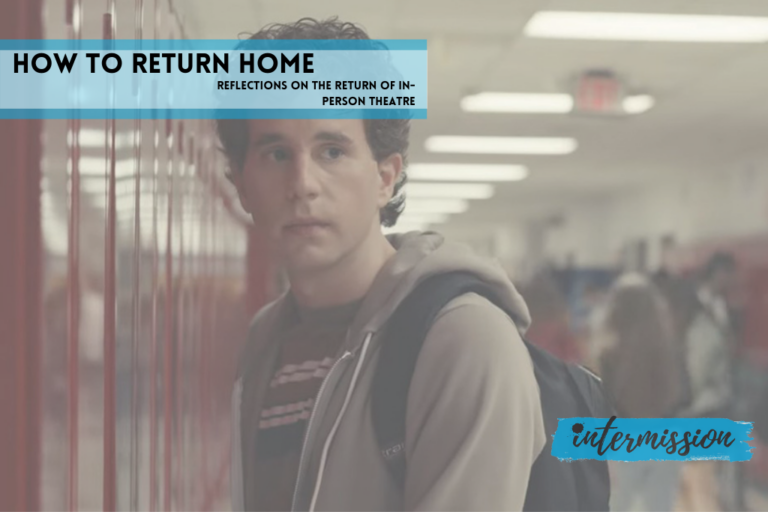
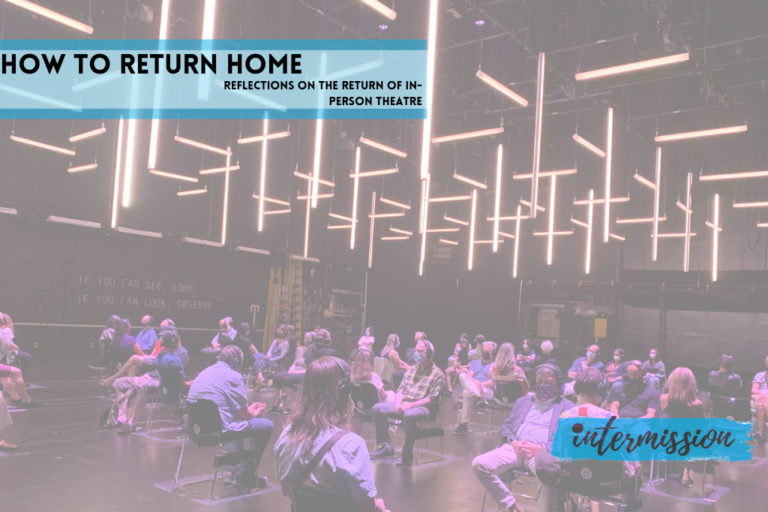






Microdosing psychedelics like LSD is becoming an increasingly popular practice for those seeking subtle yet impactful changes in mood, creativity, and mental clarity. It’s fascinating to see how small, sub-perceptual doses can support everything from emotional balance to productivity — without the intensity of a full trip. For those curious about microdosing protocols, safety, and sourcing, https://lysergamideworld.com is a great place to start. They offer guides on LSD microdosing, tips on how to get started, and insights into the science behind it all. Definitely worth checking out if you’re exploring this space with intention.